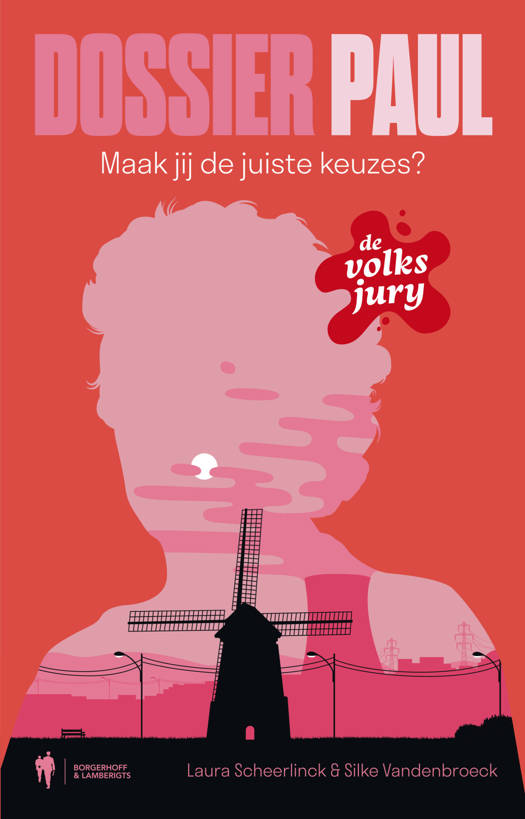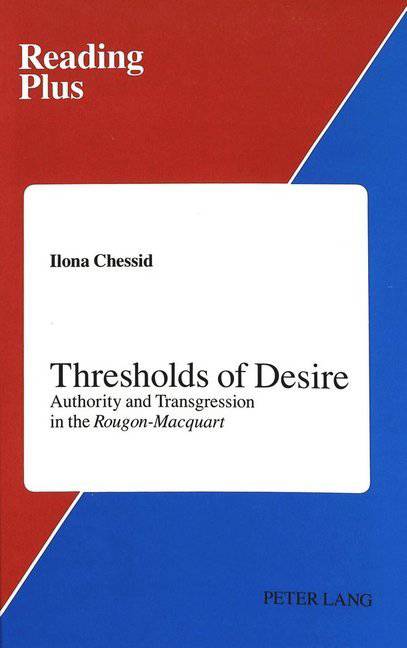
Wil je zeker zijn dat je cadeautjes op tijd onder de kerstboom liggen? Onze winkels ontvangen jou met open armen. Nu met extra openingsuren op zondag!
- Afhalen na 1 uur in een winkel met voorraad
- Gratis thuislevering in België vanaf € 30
- Ruim aanbod met 7 miljoen producten
Wil je zeker zijn dat je cadeautjes op tijd onder de kerstboom liggen? Onze winkels ontvangen jou met open armen. Nu met extra openingsuren op zondag!
- Afhalen na 1 uur in een winkel met voorraad
- Gratis thuislevering in België vanaf € 30
- Ruim aanbod met 7 miljoen producten
Zoeken
€ 54,45
+ 108 punten
Omschrijving
This innovative reading of Emile Zola's Rougon-Macquart uncovers a complex system of repression and rebellion in the society of 19th-century France. It identifies literal and figurative thresholds as loci of conflict in the novels, and reveals a network of mechanisms for expressing transgressive desire within the bounds of acceptability. Thresholds of Desire begins with an exploration of physical boundaries such as doors, windows and walls, then goes on to examine social institutions such as the Church and the theater. It demonstrates how these constructs often provoke the transgression they are expected to prevent. Through an original application of concepts such as mediation and metaphor, the study develops a remarkable theory of veiling, which explains how the illicit is made permissible by a partial covering or disguise.
Specificaties
Betrokkenen
- Auteur(s):
- Uitgeverij:
Inhoud
- Aantal bladzijden:
- 146
- Taal:
- Engels
- Reeks:
- Reeksnummer:
- nr. 12
Eigenschappen
- Productcode (EAN):
- 9780820420370
- Verschijningsdatum:
- 1/12/1993
- Uitvoering:
- Hardcover
- Formaat:
- Genaaid
- Afmetingen:
- 237 mm x 160 mm
- Gewicht:
- 399 g

Alleen bij Standaard Boekhandel
+ 108 punten op je klantenkaart van Standaard Boekhandel
Beoordelingen
We publiceren alleen reviews die voldoen aan de voorwaarden voor reviews. Bekijk onze voorwaarden voor reviews.











